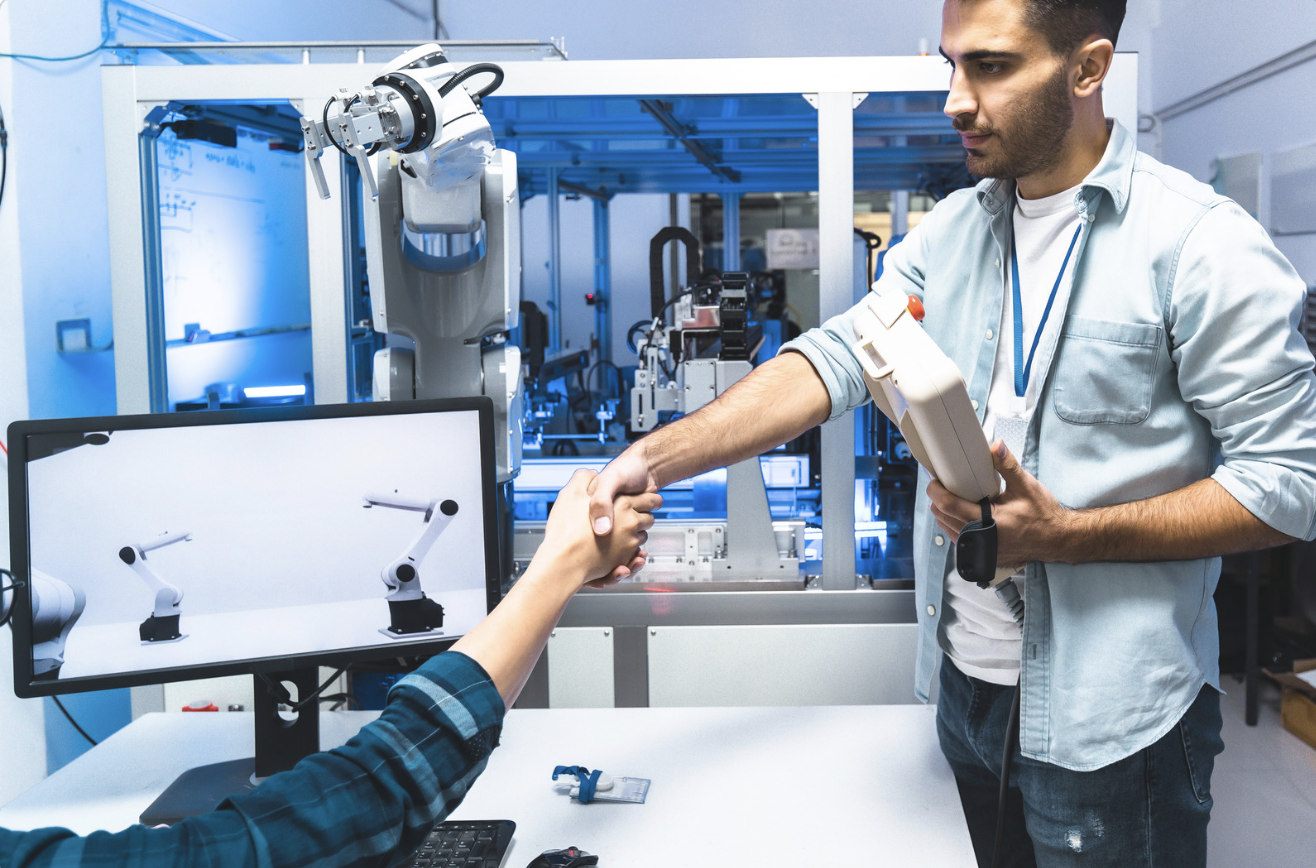As artificial intelligence rapidly reshapes industries, colleges and universities are stepping up efforts to integrate AI skills into their curricula. A newly formed partnership, the AI Readiness Consortium, is taking a hands-on approach to ensure students gain the necessary expertise to thrive in an AI-driven workforce.
The initiative, led by the nonprofit Complete College America (CCA) in collaboration with the experiential learning platform Riipen, brings together five public colleges and universities: Atlanta Metropolitan State College, City Colleges of Chicago, City University of New York, Cuyahoga Community College, and Pikes Peak State College. These institutions, known for their commitment to accessible education and workforce development, will work together to embed AI competencies into coursework through real-world, project-based learning.
Through regular meetings, faculty and career services staff will receive specialized training via webinars on Riipen’s platform. This training will grant them access to a robust library of work-based learning resources, including case studies and templates designed to seamlessly integrate AI into their teaching. The goal is to develop AI-focused course components that enable students to work directly with industry partners, applying their knowledge in practical settings that mirror the demands of today’s job market.
This initiative comes at a critical time. A recent nationwide survey of 1,200 professionals- conducted by Washington State University Carson College of Business and Research, in partnership with KRC Research- found that 83% believe students should be proficient in AI before entering the workforce, with 88% asserting that U.S. colleges and universities should play a central role in providing AI education. The survey also revealed that 74% of respondents expect new graduates to have hands-on AI experience, as AI is already widely used in workplaces for tasks such as data analysis and content creation.
Industry leaders are also voicing concerns about AI literacy gaps. Many professionals fear that without dedicated AI education, the U.S. could fall behind global competitors. Moreover, organizations are increasingly recognizing the transformative impact of AI, with some even establishing Chief AI Officer (CAIO) positions to oversee AI integration strategies.
Beyond technical proficiency, the survey highlighted the importance of critical thinking, logical reasoning, and ethical considerations in AI use. Experts stress that AI tools are most effective when applied by professionals who understand when and how to use them appropriately. Awareness of AI’s limitations—such as the potential for biased outputs or misinformation—is equally crucial.
“This consortium is about more than just giving students a degree—it’s about ensuring they graduate with the AI skills and experiences that will define the future job market,” said Yolanda Watson Spiva, president of Complete College America. “By providing hands-on learning opportunities, we are empowering students, particularly those from historically underrepresented communities, to navigate an economy increasingly influenced by AI.”
The AI Readiness Consortium hopes to create a scalable model that other institutions can adopt, further expanding AI competency in higher education. As AI continues to revolutionize industries, initiatives like this will play a vital role in preparing the next generation of professionals for an ever-evolving workplace.
Most Recent Posts
Explore the latest innovation insights and trends with our recent blog posts.













